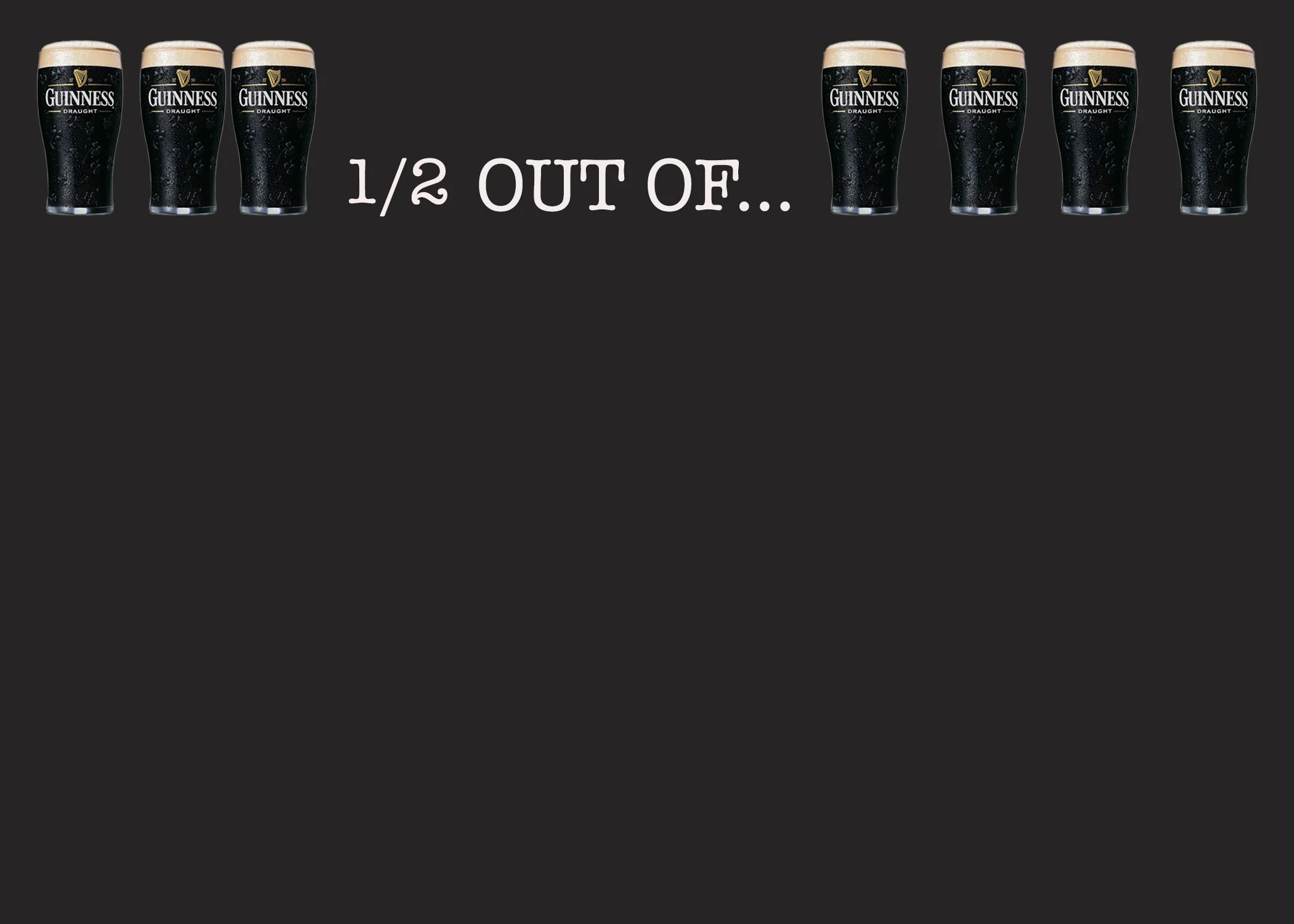'The Power of The Dog' is the true face of the Wild West
Jane Campion does something fresh with the western by morphing it into a There Will Be Blood-inspired film scored by Johnny Greenwood himself. The Power of The Dog isn't the typical boring tale of a sheriff hunting down a bounty. What made me laugh at the Western genre during its stigmatization period was its preposterous romanticization of machoism.
Every cliche, from bar fights to stand-offs, seemed like a comedy to me. Shows like Deadwood depicted what real life was like in the west. Filthy and idiotically violent. That shows creators would be very proud of Ms. Campion's work.
Phil Burbank (Benedict Cumberbatch) is the true face of the Wild West. Rotten teeth, a disheveled beard, and pride for having a lack of hygiene. "I stink, and I like it." He behaves like an animal, never providing anyone the degree of respect they deserve. For his behavior, he's rewarded by his peers. Phil is a man's man, where his brother George (Jesse Plemons) is more affectionate.
For his sympathy towards other people, Phil mocks George calling him "fat boy." The depressed mother of a misunderstood son catches George's heart. For being effeminate, Peter Gordon (Kodi Smit-McPhee) is insulted by Phil, making his mother, Rose (Kirsten Dunst), uncontrollably weep in George's presence. With a shared understanding of his brother's neglect, the pair form a relationship built around victimhood.
What conventionally would develop into a love story turns out to be a twisted coming-of-age tale centered around manhood. The film builds to a climax where we're led to believe that Peter will come to blows with Phil. Yet it goes deeper than a chronicle of the bully finally getting what's owed to him. The Power of The Dog doesn't provide a weepy backstory for why Phil is cruel, yet his brother isn't. There are no explanations or flashbacks to the Burbank household during the men's youth. It's up to us to fill in the blanks.
A relationship begins to develop between Peter and Phil. One predicated upon fear that ends in respect. Rose knows her son is different but desperately tries to keep her boy away from being a cowboy. Aware of his frailty, Rose doesn't want to see Pete dead at the hands of Phil or his buddies. To her amazement, a worse horror begins to emerge.
The Power of The Dog is without pretension. Others may see otherwise. Jane Campion isn't afraid to let the movie meditate. She expects the viewer to watch, analyze, then watch again. The intentions of certain scenes or actions are filmed for a reason. Not a line of digital code is put to waste. If the film is trying to say something about the world, it's that we're all screwed up on some level. Peter's an affectionate kid, but he's also a borderline sociopath. Rose is an alcoholic who can't function beyond her deceased husband. George can be distant with his wife at certain times, unaware of how to properly comfort her.
One minor point of contention I can bring with the film is Benedict Cumberbatch's performance. It's an excellent performance, but the film is entirely dependent on him being as vile as possible. Mr. Cumberbatch is just too darned charming for me to completely buy that he's this repulsive character he portrays. The aesthetics are strong enough where it luckily doesn't matter all too much.
The light range of an Arri Alexa Mini LF allows for some phenomenal in-camera experiments. I only mention this camera specifically since you'll never get that film look on a RED camera since Cinematographers make Arri instead of computer designers. The technology is getting to a point where I had to check on IMDB if this was shot on film since its imagery evokes the late Robert Elswit's work on There Will Be Blood which was photographed on celluloid.
Everything looks natural. Scenes range from not lit to under-lit, blending seamlessly, drawing a gorgeous image reflective of a complicated world nobody in this film can understand. The Power of The Dog is about how lost we all are. It looks back at the west as a painful period in which morality isn't much different from today's world. Even with the grit gone in 2021, the bullies are still rewarded, and victims are ignored. Occasionally a monster is exposed, but he's often nothing more than a sacrificial lamb resting amongst a cesspool of the wretched who run the bingo. But to every monster, there's still a man. One with circumstances that make the most immeasurably crude person relatable. Not to sympathize but empathize is the key to a memorable film in my book. The Power of The Dog is worth seeing twice to catch all its metaphors which can be a topic of discussion far after the credits roll.
The Power of The Dog is available for streaming on Netflix and in select theaters (if you want to see Ari Wegner’s cinematography in all its glory) December 1. When you see it, let me know if you agree with my rating.



